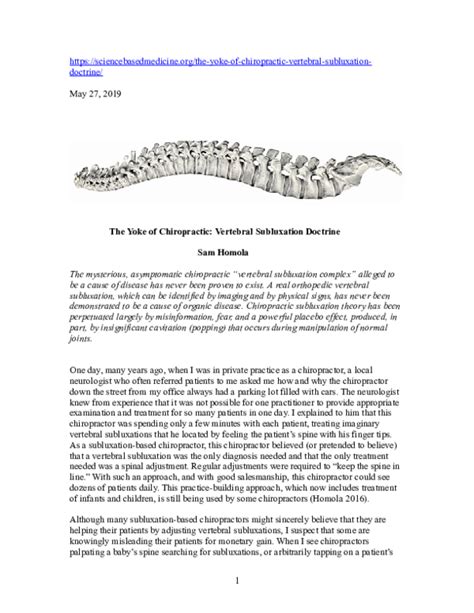A Quote by Mallory Ortberg
I don't know of any way to control the subject of one's dreams although I'm fairly certain there are more than a few types of psychoanalysis dedicated to the topic.
Related Quotes
Underneath all his writing there is the settled determination to use certain words, to take certain attitudes, to produce a certain atmosphere; what he is seeing or thinking or feeling has hardly any influence on the way he writes. The reader can reply, ironically, "That's what it means to have a style"; but few people have so much of one, or one so obdurate that you can say of it, "It is a style that no subject can change.
Not all introductions worked well. Rabbits were an unmitigated environmental disaster. Unchecked by any natural predator, they bred at a staggering rate and chewed their way across vast areas of pastureland as well as any garden that came their way. Attempts to control them by introducing ferrets, weasels and stoats did much more harm than good. Although these predators probably killed a reasonable number of rabbits, they also devastated populations of kiwi and raided the nests of flighted birds.
Neither logic nor scientific evidence supports such a belief. Although spinal manipulation can relieve certain types of back pain, neck pain, and other musculoskeletal symptoms, there is no scientific evidence that it can restore or maintain health. As a result of expressing my opinion on this subject, I have been called a chiropractic heretic.
I consider it as a foreshadowing of modernity in many different respects, and the consistency of character is interesting to the emerging modern psychology. The emphasis on dream knowledge relates quite deeply to psychoanalysis, although I suppose psychoanalysis wouldn't like to say that... Freud was always saying he was a scientist.
In conscious life, we achieve some sense of ourselves as reasonably unified, coherent selves, and without this action would be impossible. But all this is merely at the 'imaginary' level of the ego, which is no more than the tip of the iceberg of the human subject known to psychoanalysis. The ego is function or effect of a subject which is always dispersed, never identical with itself, strung out along the chains of the discourses which constitute it.
































